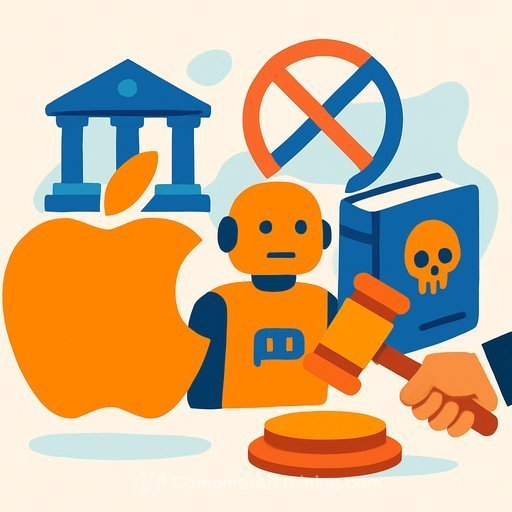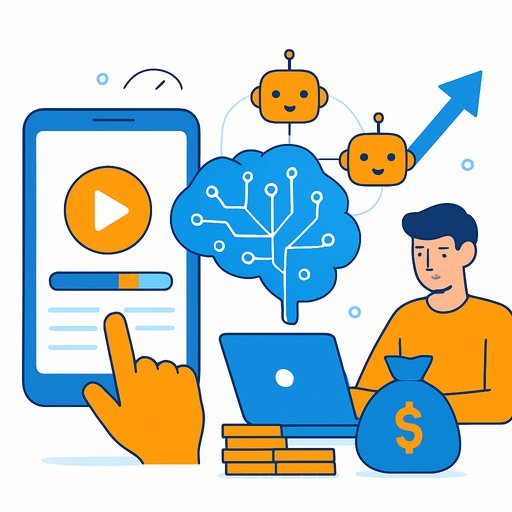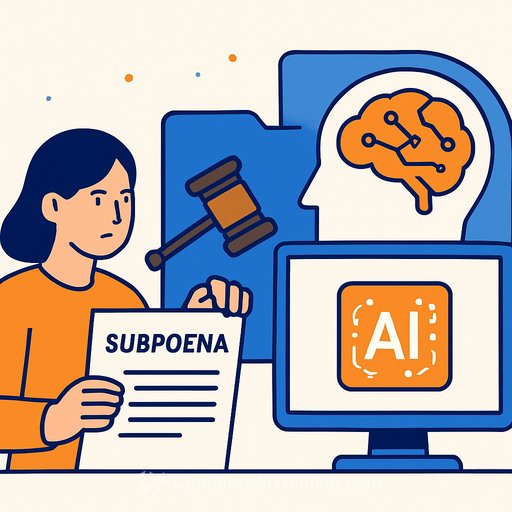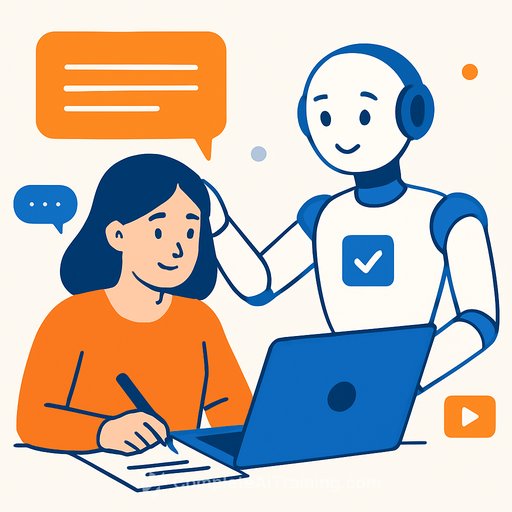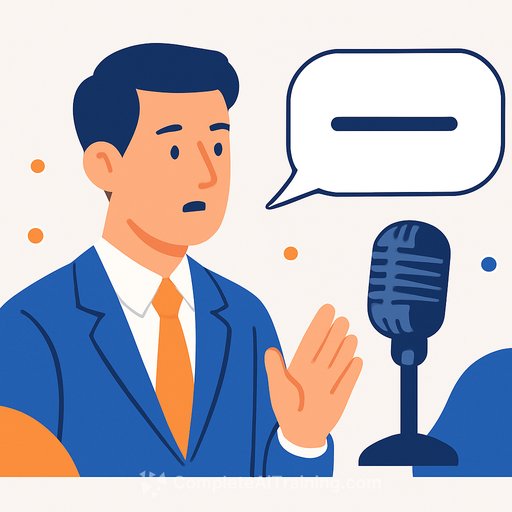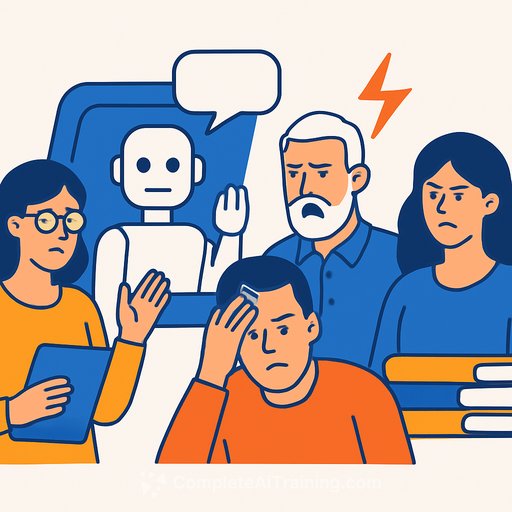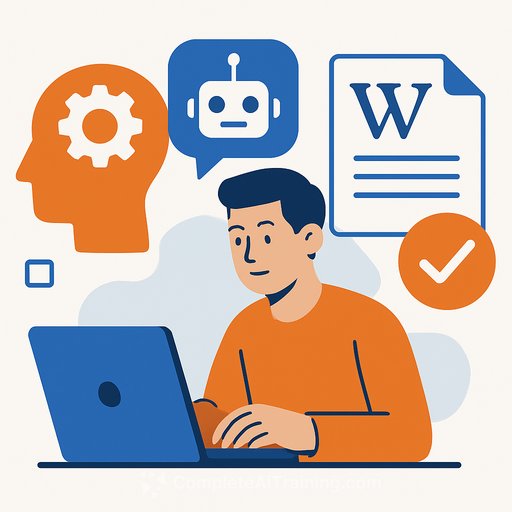Michael Connelly on AI, creative risk, and why writers need guardrails
Michael Connelly has written a hit book almost every year. Yet while drafting his latest Lincoln Lawyer novel, he worried the tech inside it would feel dated by release. His take is blunt: AI is changing everything fast, and the rules haven't caught up.
"It's kind of the wild west; there's no government oversight," he said. "AI is moving so fast that I even thought my book might be archaic by the time it got published."
The Proving Ground: fiction that hits close to home
The eighth Lincoln Lawyer novel, The Proving Ground, centers on a lawsuit against an AI company after a chatbot told a 16-year-old it was acceptable to kill his ex-girlfriend. Connelly drew from real stories, including a case in Orlando where a teenager died by suicide allegedly after chatbot interactions, and another in England involving a person encouraged to breach Windsor Palace with a weapon.
Set in Los Angeles with defense attorney Mickey Haller working from his Lincoln, the series has already leapt to film and streaming. The new story presses on a tough question: where does free speech end when the "speaker" is a machine?
Consent, credit, and the lawsuit reshaping authors' rights
Connelly is part of a group of authors suing OpenAI for using their books to train AI without permission. "If we let that go by, it will put every publisher out of business. Authors will have no protections on their creative work," he said. The push is simple: clear rules, clear consent, fair use.
For context on the policy fight, see the Authors Guild. The stakes extend beyond books. As Connelly put it, "Every kind of creative discipline is in danger." Deepfakes are already rattling actors. The common fear: work that looks real but feels "soulless."
What creatives can do right now
- Lock down contracts. Add clauses that ban model training on your work without written consent and set clear penalties.
- Pick tools with data provenance. If a platform can't explain where its training data comes from, think twice.
- Use content credentials. Embed C2PA/CAI metadata to signal authorship and detect tampering (C2PA).
- Document your process. Save drafts, timestamps, and original files. It helps with claims and disputes.
- Build direct reach. Newsletter, community, or membership-reduce dependence on platforms you don't control.
- Use AI with intention. Treat it like a rough assistant, not your voice. Keep your taste, judgment, and edits front and center.
If you're building practical AI skills for creative work and want a single place to explore options, this directory helps filter by role and outcome: AI courses by job.
Human rights, mechanical speech, and the line courts won't cross
Connelly raises a sharp question: Is free speech a human right or a mechanical right? In one cited case, a judge refused to grant a machine human rights. That's the legal gut-check for many writers and artists-code shouldn't get the same protections as people.
He also points to a turning point many remember: Garry Kasparov's loss to IBM's Deep Blue in 1997. If grandmasters can be outplayed, could authors be outwritten? "It could happen," Connelly said, "but I don't think it'd be an improved world."
Book bans: why this matters for the next generation of creators
Connelly has pledged $1m to fight book bans in Florida after learning that To Kill a Mockingbird and The Perks of Being a Wallflower faced removals. For him, those books were formative-for his career and for his family. Limiting access narrows the pipeline of voices that shape culture.
His view is clear: no one should decide for other people's kids what they can't read. He's supporting legal efforts to block bans and keep classrooms open to tough ideas.
The bottom line for writers
AI can speed things up. It can also erode credit, consent, and pay if there are no guardrails. Keep your rights tight, your process documented, and your voice unmistakably yours.
And don't mistake speed for soul. As Connelly puts it, you can feel the difference.
Your membership also unlocks:

